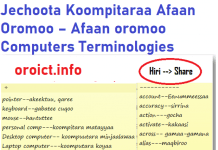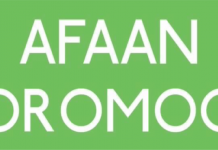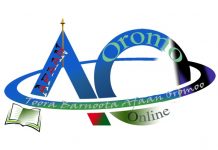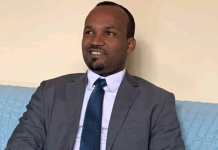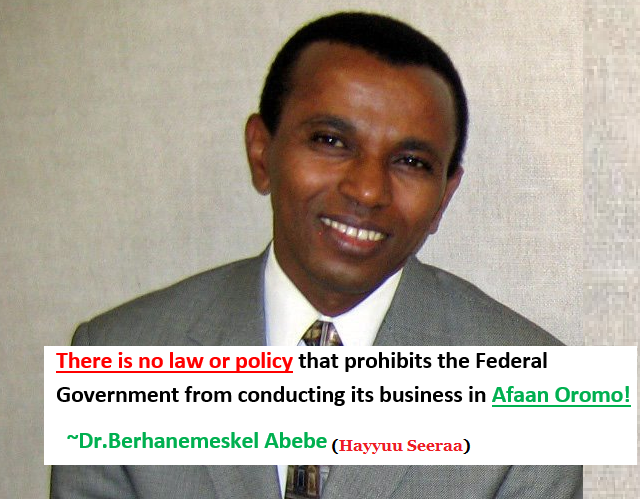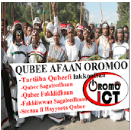Ethiopia must end its political, economic and social exclusion and marginalization of Afaan Oromo speakers from federal institutions and the Addis Ababa city administration claiming non-existing language laws and language policies as the basis of these exclusions.
Ethiopia never had formal language laws and language policy in its history to exclude the use of Afaan Oromo. The so-called language related provision in the federal constitution is not self-executing law. It needs language policy and language law for it to be legally enforced in the court of law or followed by any government institutions.
Alternatively, even if one claims that there is constitutional self-executing law, it does not bar the use of Afaan Oromo by federal institutions and Addis Ababa City Administration.
More importantly, Addis Ababa city administration does not need any federal authorization to adopt right away Afaan Oromo as its working language on equal footing with Amharic.
There are many Ethiopia’s own language use practices that will enable the federal government to adopt Afaan Oromo as its working language without needing any law or policy.
For instance, there is no law or language policy that says Ethiopia will use English in its international communication. Yet, the country is using English in its international communication in spite of the absence of language law or language policy.
Similarly, if we look at Ethiopia’s medium of instruction both at secondary and university levels, there is no language law or language policy issued to mandate Ethiopian academic institutions to teach in English.
If we look at the past practices of the Ministry of Education, there is no law that mandated the inclusion of Geez, a language used in church liturgy with zero living speakers, on Ethiopian School Leaving Certificate Exam(ESLCE) while willfully excluding Afaan Oromo or other languages with tens of millions of speakers from ESLCE.
If there is any legal basis for all these unregulated language uses, the only document one may find is the educational curriculum prepared by the Ethiopian Ministry of Education. That means, all these messes were done at the free will of unelected and unauthorized experts at the Ministry of Education whom the Ethiopian people have zero knowledge even about their existence.
Similarly, there is no clearly drawn language use policy that regulates the Ethiopian federal media outlets to broadcast in any given languages including in Afaan Oromo. It is pretty much the discretionary decision of these entities.
If unelected, unauthorized and obscure curriculum developing experts at the Ministry of Education or media companies were given so much power in deciding on what languages our educational system or media uses or not uses; we expect our elected, legally authorized and publically known officials including the Ethiopian federal parliament, the federal judicial and executive organs to use Afaan Oromo in conducting their business.
Afaan Oromo speakers who constitute more than 50% of the Ethiopian population cannot wait until the constitution is amended or language use laws or policies are issued to get services from the federal government and Addis Ababa city administration.
The degree of exclusion and marginalization of the Oromo people in Ethiopia is unbearable. The Oromo people cannot remain excluded from their own country. All cities, religious institutions, media outlets and federal government entities in Oromia, including in Addis Ababa, must serve the Oromo people in Afaan Oromo.
Furthermore, since both the federal government institutions and Addis Ababa City Administration are exclusively located in the Oromia National Regional Government where the working language is legally Afaan Oromo, there is no federal law or policy that prohibits the federal government and the Addis Ababa City Administration from conducting their Business in Afaan Oromo.
In fact, both the federal institutions and the Addis Ababa City Administration must use Afaan Oromo, the official working language in Oromia, to conduct their business in Oromia Region according to the Ethiopian federal constitution which recognizes the rights of regional governments to use the language of their choosing as their working language.



